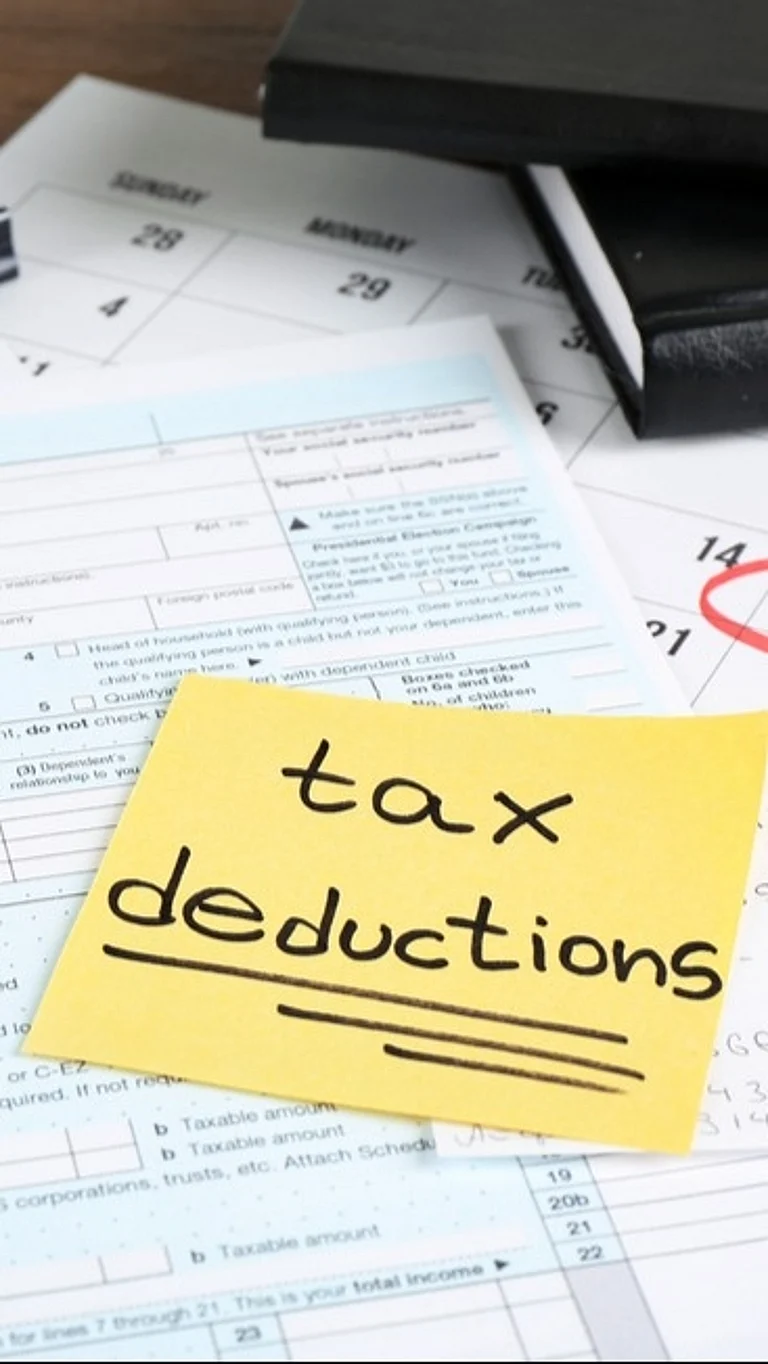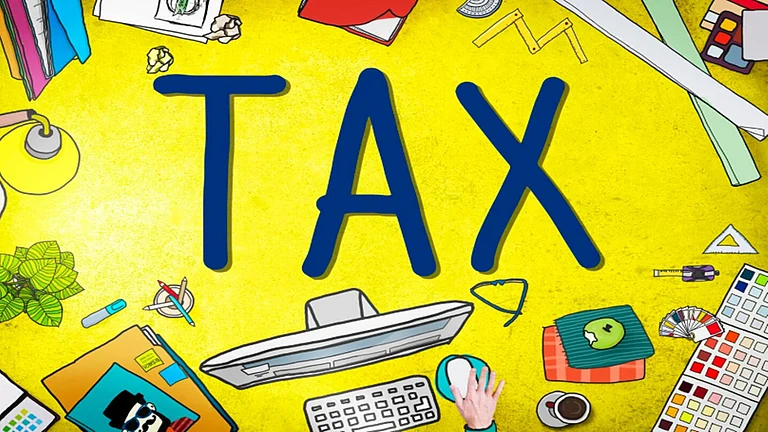If you’ve ever been tempted to fudge details on your income tax return (ITR), here’s a cautionary tale. Till December 31, 2024, the Income Tax Department (ITD) has flagged and recovered taxes from 90,000 salaried individuals who wrongfully claimed deductions worth Rs 1,070 crore. These taxpayers, once caught, were required to cough up the amount due to the government.
According to a CNBC-TV18 report, the tax department’s investigations have uncovered widespread misuse of deduction provisions under sections like 80C, 80D, 80E, 80G, and 80GGB, among others.
These are some of the sections that allow taxpayers to claim to reduce their tax liability through valid claims such as donations, tuition fees, home loan principal repayment, or medical insurance. However, it has come to ITD’s notice that many individuals falsely inflated these claims in their ITRs to lock in quick tax savings. The attempt, however, has landed some 90,000 taxpayers in trouble.
The tax department uncovered these false claims during its routine search and seizure operations as well as surveys. These investigations scrutinise ITR filings of employees across multiple organisations, including public sector undertakings (PSUs), multinational corporations (MNCs), large companies, limited liability partnerships (LLPs), and even government bodies.
A part of the problem was some unscrupulous advisors who had reportedly misled taxpayers into filing incorrect claims. “These fraudulent claims were a major red flag for the tax department, prompting further investigations,” as per the report.
This is How the Tax Department Recovered Money;
The ITD reached out to the identified taxpayers under Section 139(A) of the Income Tax Act, 1961. This section allows taxpayers to rectify errors in their returns by filing updated ITRs within two years of the relevant assessment year. To do so, taxpayers will have to pay additional tax as per the law.
Following this mechanism, the tax department was able to successfully recover Rs 1,070 crore owed to the exchequer. The sources revealed in the report that these efforts are part of a broader strategy to plug revenue leakages and promote voluntary compliance reducing litigation.
After the recovery, tax authorities are working on the prevention of such cases. Subsequently, it has initiated an outreach program to directly engage with the employers. The program aims to inform employees about the risks of filing fraudulent claims and the legal provision to correct such errors in their ITRs.
How Did ITD Spot the Fraud?
The report reveals that the tax department undertook a detailed analysis of tax data which highlighted some glaring mismatches. For instance, deductions claimed under sections like 80GGB and 80GGC far exceeded the actual receipts reported by donees. Similarly, claims under sections 80C, 80E, AND 80G appeared to be inflated or entirely bogus.
Once this information was ascertained by analysing the data, the authorities created a list of common employers whose employees were repeatedly flagged for such suspicious claims. “This allowed the department to reach out to individuals suspected of filing bogus claims on a larger scale.”
Who Are These 90,000 Taxpayers?
When asked about the profiles of the errant taxpayers, the informants in the report revealed that most were linked to clusters of email IDs originating from common employers.
The employers belonged to a wide spectrum of industries, including PSUs, MNCs, private companies, and statutory bodies. “It was evident that the issue wasn’t isolated but across various sectors,” the report states.
Currently, the ITD is doubling down on its preventive measures. In a circular dated 12 December 2024, senior tax officials instructed field officers to focus on employers that are linked to flagged taxpayers. The field officers are tasked to conduct awareness campaigns, educate employers about the implications of fraudulent deductions, and promote tax compliance among their workforce.
















